Our August Book Club selection, Ebru Ojen’s Lojman, is a vivid and absorbing novel that traces the depths and illusions of psychic agony, pulled along by a singular, poetic style. Within these flowing, absorbing pages of emotional surges, however, is a representation of how imposed orders and hierarchies can rob the individual of humanity. In this following interview, translators Aron Aji and Selin Gökçesu speak to us on the process of working with this language its rawness and its darkness, the narrative’s subtle political symbols, how it moves on from the Turkey’s social realist movement and its sociolinguistic history.
The Asymptote Book Club aspires to bring the best in translated fiction every month to readers around the world. You can sign up to receive next month’s selection on our website for as little as USD20 per book; once you’re a member, join our Facebook group for exclusive book club discussions and receive invitations to our members-only Zoom interviews with the author or the translator of each title.
Xiao Yue Shan (XYS): Lojman is a book that unleashes its narrative and its characters on us. There are so many uncontrollable elements in it, but what reigns it in is the prose, which is so precise and lyrical. I’m wondering what it was like reading this book in the original Turkish—if there was that similar effect, and if there were stylistic elements you were seeking specifically to preserve in translation.
Selin Gökçesu (SG): Lojman is very immersive, beautiful, and lyrical and Turkish too. I don’t keep up with contemporary Turkish literature as much as I would like to, but within what I’ve seen come out, this book is very in its lyricism—but also its topic and voice. Part of the unruliness of the narrative can perhaps be attributed to the Turkish editing style, which is definitely more open than in the American publishing industry; different voices will enter and come out barely edited—which has its drawbacks. The final translation, after Aron put the final touches on it, is a lot more polished in English then it’s in Turkish, but it still has the spirit of the original.
But I will say that Lojman’s forcefulness and gushing and uncontrolled quality, the very untamed writing—some of that is a product of how open the Turkish publication system is. They’ll allow people in, and they’ll publish things with very little editing or external control. So you get these really raw, powerful stories in different voices. Turkish contemporary literature is maybe less middle-class than American literature, so the class boundaries of allowing different voices in is a little bit more flexible, resulting in such unique products. I’m so glad we came together and caught Lojman amidst so many books being published in Turkey. It’s really serendipitous that this landed where it did.
Aron Aji (AA): I agree with everything Selin said about Ebru’s voice and writing style. To add to that, I was in Istanbul with Ebru this summer—she just finished her new novel. It’s being edited, and hopefully will be coming out in the next couple of months. It’s an entirely different novel. The form is entirely different, the language is incredibly elevated, but there was something very, very similar to the way she built the main character. I asked her to tell me what she was trying to do, and she mentioned how people always talk about the author as the witness of a character’s life and an author as the witness of her time. Then she said, “I want to put the reader in a position of witness, and the way I can do that is by pushing the reader as far into the mindset of the main character as possible.”
As you know, the characters in Lojman are very damaged, to say the least; your review also shows how that damage becomes pervasive. Ebru really is a writer that doesn’t want to stand in the way of the reader, so she writes with this incredible euphoria. There is another Turkish author, Aslı Erdoğan (also published by City Lights), who writes with euphoria, but it’s a lot more controlled, oddly enough. What we have in Ebru is really the rawest possible witnessing of a mind falling apart.
So by choosing to do this as a co-translation, we actually mixed two voices and two consciousnesses into the process—the splitting of voices. I should also say that Elaine of City Lights was incredible in her later editing. And the more voices and consciousnesses we incorporated, the more we were able to crystallize the language, but also retain its rawness. READ MORE…


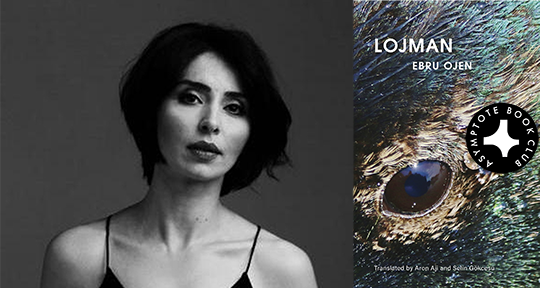
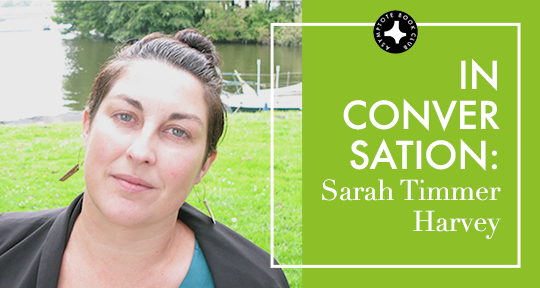

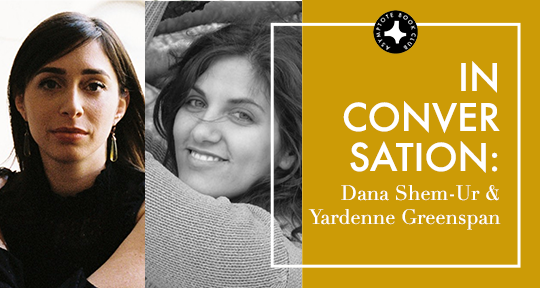
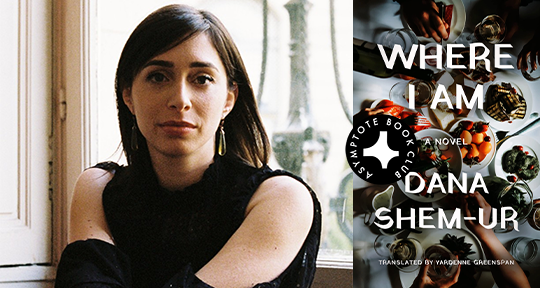


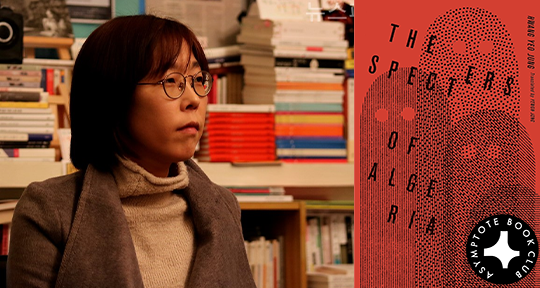
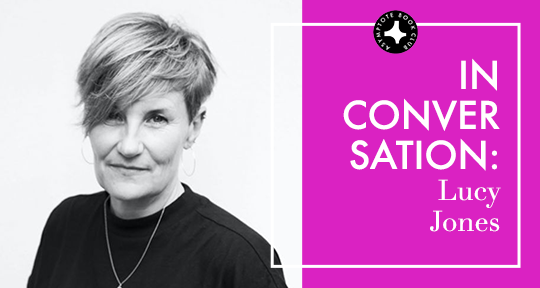
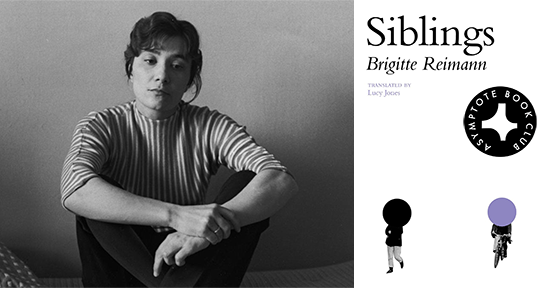
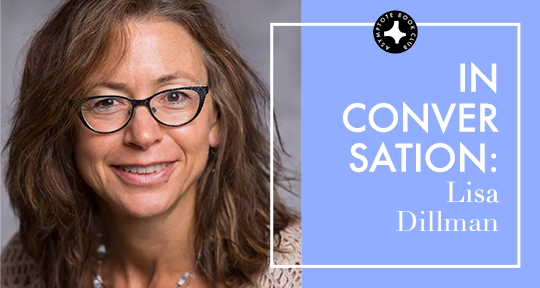
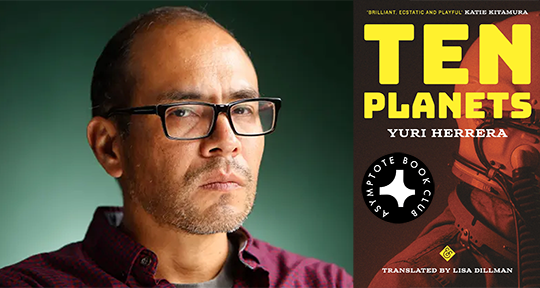
A Pointed Atemporality: Mui Poopoksakul on Translating Saneh Sangsuk’s Venom
He's very aware of the rhythm and musicality of this text . . . he said it should take something like an hour and thirty-seven minutes to read.
In our May Book Club selection, a young boy struggles with a snake in the fictional village of Praeknamdang, in a tense battle between beauty and cruelty. In poetic language that is nostalgic for the world it describes without romanticizing it, Saneh Sangsuk creates a complex and captivating world. In this fable-like story there are no simple morals, in keeping with Sangsuk’s resistance to efforts to depict a sanitized view of Thailand and to the idea that the purpose of literature is to create a path to social change. In this interview with translator Mui Poopoksakul, we discuss the role of nature in the text, translating meticulous prose, and the politics of literary criticism.
The Asymptote Book Club aspires to bring the best in translated fiction every month to readers around the world. You can sign up to receive next month’s selection on our website for as little as USD20 per book; once you’re a member, join our Facebook group for exclusive book club discussions and receive invitations to our members-only Zoom interviews with the author or the translator of each title.
Barbara Halla (BH): How did you get into translation, especially given your law background?
Mui Poopoksakul (MP): I actually studied comparative literature as an undergrad, and then in my early twenties, like a lot of people who study the humanities, I felt a little bit like, “Oh, I need to get a ‘real job.’” I went to law school, and I worked at a law firm for about five years, and I liked that job just fine, but it just wasn’t what I wanted to do for the rest of my life.
So, I started thinking, What should I be doing? What do I want to do with myself? I had always wanted to do something in the literary field but didn’t quite have the courage, and I realized that not a lot of Thai literature been translated. I thought, If I can just get one book out, that would be really amazing. So, I went back to grad school. I did an MA in Cultural Translation at the American University of Paris, and The Sad Part Was was my thesis from that program. Because I had done it as my thesis, I felt like I was translating it for something. I wasn’t just producing a sample that might go nowhere.
The whole field was all new to me, so I didn’t know how anything worked. I didn’t even know how many pages a translation sample should be. But then I ended up not having to worry about that because I did the book as my thesis.
BH: You mentioned even just one book, but did you have any authors in mind? Was Saneh Sangsuk one of those authors in your ideal roster?
MP: I wouldn’t say I had a roster, but I did have one author in mind and that was Prabda Yoon, and that really helped me get started, because I wasn’t getting into the field thinking, “I want to translate.” My thought was, “I want to translate this book.” I think that helped me a lot, having a more concrete goal.
READ MORE…
Contributor:- Barbara Halla
; Languages: - English
, - Thai
; Place: - Thailand
; Writers: - Mui Poopoksakul
, - Prabda Yoon
, - Saneh Sangsuk
; Tags: - Deep Vellum
, - environmentalism
, - literary criticism
, - nature
, - nature in storytelling
, - pacing
, - pacing in translation
, - Peirene
, - respect for nature
, - rhythm
, - rhythm in translation
, - social commentary
, - storytelling
, - Thai literature